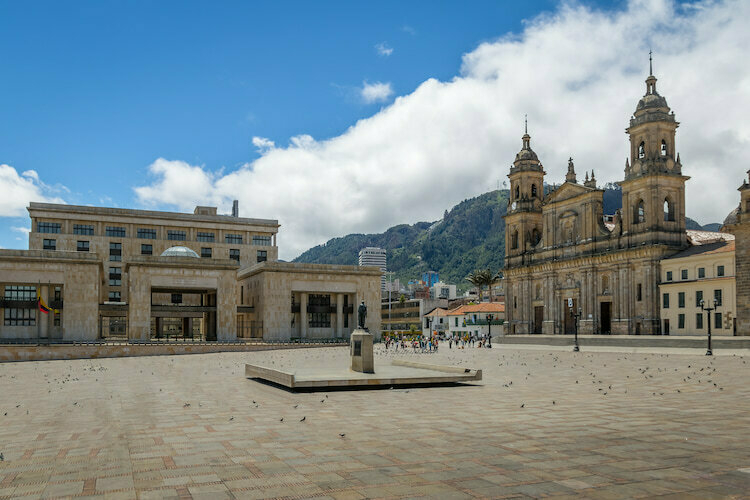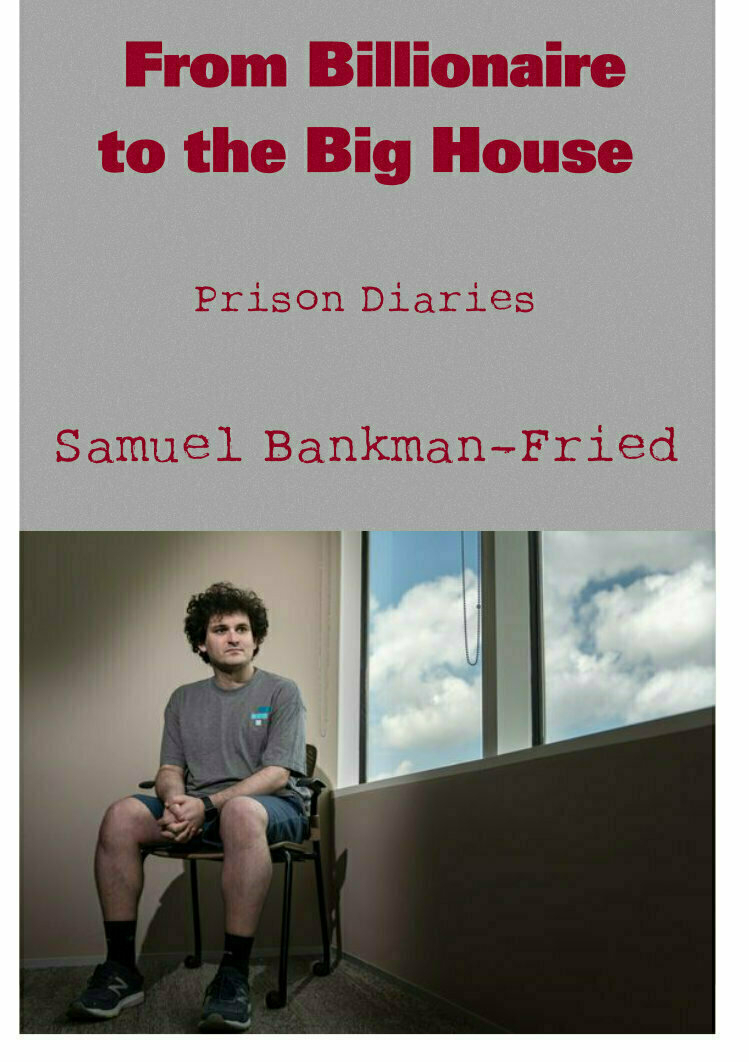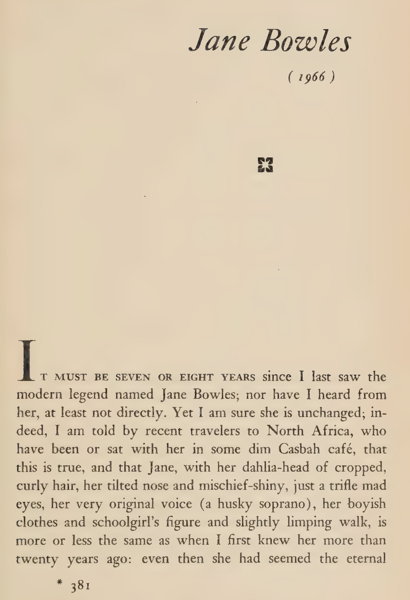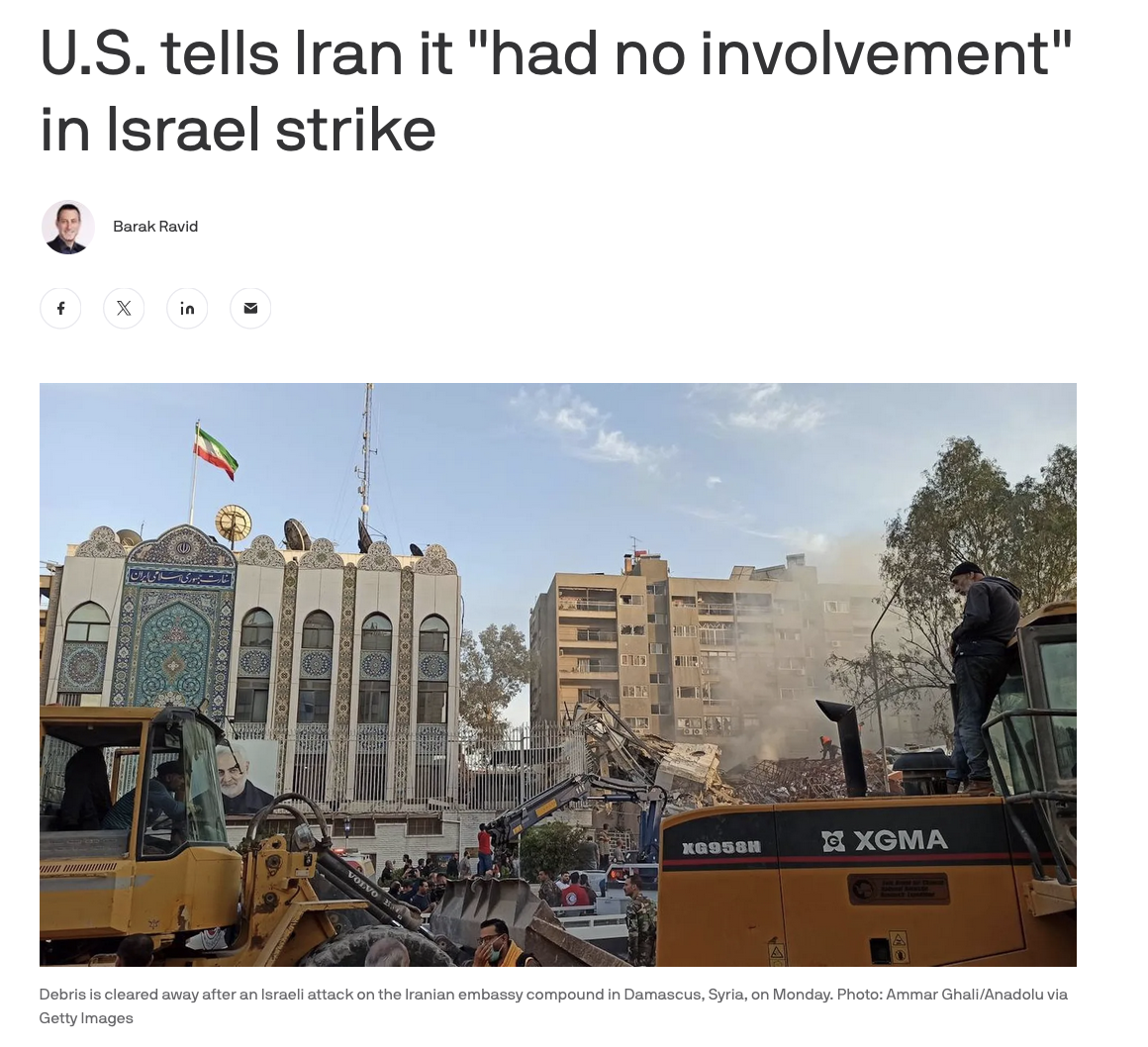Aug 3, 2024

My fellow obese citizens: Americans overseas are afraid to express nationalism. Own your idiosyncracies: insist on ice in your water and 8x11 paper, tip freely, put pineapple on your pizza, Half & Half in your coffee, write m/d/y, guzzle Coca-cola like there’s no tomorrow and demand Ranch dressing.
After all, no one would tease a Japanese tourist for asking where sushi could be found. Why should American tourists be treated differently?
Jul 15, 2024
Returning to Bahrain. The street they call the American Alley, near the US Naval Base, a place of interest to the Islamic Republic of Iran, just a short way across the Persian Gulf. Spies from a hundred countries try to capture overheard conversations. Guards at the Base monitor the tall buildings nearby for snipers. Sailors on leave patrol the Alley at night, looking for diversions or a touch of home. The Alley doesn’t disappoint; there is a McDonald’s–the Burger King is gone, as is the Chili’s; a Starbucks–the iHop didn’t make it either—and a KFC. And a Dunkin’ Donuts.
I walked into the Dunkin’ Donuts and asked for “coffee, cream and sugar.”
“You want whipped cream on your coffee?” Samira asked me. Samira was from Uganda.
I tried to explain. Dunkin’ Donuts is an American franchise. Surely a sailor or two had wandered in and made this pedestrian request before. But no. I had requested exotica.
Whipped cream would not do. I tried to explain Half and Half but Samira had never heard of it. She called her manager, a Filipina woman who had never heard of it either.
“You mean milk? You want a macciato?”
Samira suggested a flat white, a beverage unheard of in the USA. I surrendered.
www.linkedin.com/pulse/bri…(https://www.linkedin.com/pulse/british-readers-half-counsel-michael-okane/)
Jul 15, 2024
Revisiting Half and Half
Returning to Bahrain. The street they call the American Alley, near the US Naval Base, a place of interest to the Islamic Republic of Iran, just a short way across the Persian Gulf. Spies from a hundred countries try to capture overheard conversations. Guards at the Base monitor the tall buildings nearby for snipers. Sailors on leave patrol the Alley at night, looking for diversions or a touch of home. The Alley doesn’t disappoint; there is a McDonald’–the Burger King is gone, as is the Chili’s, Starbucks–the iHop didn’t make it either—and a KFC. And a Dunkin’ Donuts.
I walked into the Dunkin’ Donuts and asked for “coffee, cream and sugar.”
“You want whipped cream on your coffee?” Samira asked me. Samira was from Uganda.
I tried to explain. Dunkin’ Donuts is an American franchise. Surely a sailor or two had wandered in and made this pedestrian request before. But no. I had requested exotica.
Whipped cream would not do. I tried to explain Half and Half but Samira had never heard of it. She called her manager, a Filipina woman who had never heard of it either.
“You mean milk? You want a macciato?”
Samira suggested a flat white, a beverage unheard of in the USA. I surrendered.
www.linkedin.com/pulse/bri…
Apr 29, 2024
D.C. Bar Rule 1.8© says,
” © Prior to the conclusion of representation of a client, a lawyer shall not make or negotiate an agreement giving the lawyer literary or media rights to a portrayal or account based in substantial part on information relating to the representation.”
Florida doesn’t have a similar rule, but there is case law. The most notorious case involved a 17 year-old, Tina Mancini, who was working as a stripper in Ft. Lauderdale and committed suicide. Her mother was put on trial for child neglect—she drove her daughter to work—, represented by Kenneth Whitman, who coincidentally had an office down the hall from mine and a Jaguar with North Carolina plates in the building’s basement. The dead girl’s mother had no money to pay Whitman’s fees, so she paid by ceding the story rights to him. Her conviction soon followed.
I think the way the Bar came out finally is that the principle is you should not have interests that could conflict with those of your client. That is, a story may be better if the client pleads guilty or is found guilty, or is even executed (see, Capote, In Cold Blood). An attorney is in a position to achieve a result that’s good for the story but bad for the client. This rule makes eminent sense.
There are many State laws which prevent a criminal defendant from writing about his crimes so as to profit from them, but I can’t recall any law which prevents a lawyer from from writing about a case he was involved in. Helter Skelter by Vincent Bugliosi is the most prominent example I can think of, but there are probably many others if I bothered to do further research. Robert Shapiro, one of the late O.J.’s “dream team” lawyers, wrote a book called The Search for Justice about the case.
If I were to sell Hotel Arbez, I’d change names and venues, though I’m not sure there’s a hotel anywhere else with a national border running through the dining room. German soldiers were not permitted to go above the seventh step in the hotel, because everything above that step was in Switzerland.
Apr 29, 2024
“SIBOR” or sometimes “SAIBOR” means the Saudi Arabian Interbank Offered Rate. It is a measure of the interest rate at which large banks can borrow from one another on an unsecured basis. Like any Interbank Offered rate, it is composed of two factors: the average level of the short-term (overnight) rate and a risk premium.
Apr 24, 2024
When you’ve submitted the work as per contract and you’re asked for an additional discount, don’t back down, even though you’re tempted to do so. The siren song of “additional work in the future” is very strong.
It’s easy to say, “you shouldn’t back down” but you shouldn’t
back down. And yes, it’s about the money. It’s always about the money.
When they say it’s not about the money, it’s definitely about the money. A
young Jack-Welch postulant will crow about how the company “cut costs” on
your contract because that’s all that matters. And the good guy who hired
you, who knows better, will shrug and say there’s nothing he can do.
Apr 7, 2024
A Colombian woman was indicted in 1995 or so on a historical cocaine conspiracy case. While several co-defendants named along with her were arrested, extradited and went to jail, she stayed in Colombia and avoided extradition. Let’s call her Carolina. Carolina had stolen the ID card of her sister-in-law, Marta. Marta is blameless, an outstanding citizen.
At some point, Marta found out that Carolina had stolen her identity, resulting in Marta’s being named in the indictment. Of course, since Marta didn’t do anything wrong–we’ll leave to the side the somewhat philosophical issue of failing to report the identity theft to the authorities–she didn’t do anything with respect to the indictment in Miami. Marta’s daughter grew up and moved to Florida. She has invited her mother, Marta, to the US for a mother-daughter weekend. Marta is afraid that if she requests a visa, the indictment will turn up.
Indeed, it will.
Could I talk to the DEA in Bogota and resolve matters? Carolina is, of course, not easily found, does not want to get involved, does not want to surrender, yada yada yada.
I pointed out that no visa is needed, if Marta goes to the Embassy they will be happy to arrest her and put her on a plane to Miami. Her defense of, “it’s not me, my sister-in-law stole my identity” is essentially a “yo no fui defense,” and like any other, will be left to a very skeptical American jury.

Apr 6, 2024
It practically writes itself.

Apr 5, 2024
Truman Capote on Jane Bowles.
Yes, that Jane Bowles.
Jane Bowles.
trumancapoteonjanebowles.pdf
Apr 2, 2024

When information concerning Austin Tice’s whereabouts were offered to the USG in June, 2023–at that time in a cell in the basement of the Iranian consulate in Damascus–they said, “we’re not interested.”
\#AustinTice \#hostages



 Jane Bowles.
Jane Bowles.